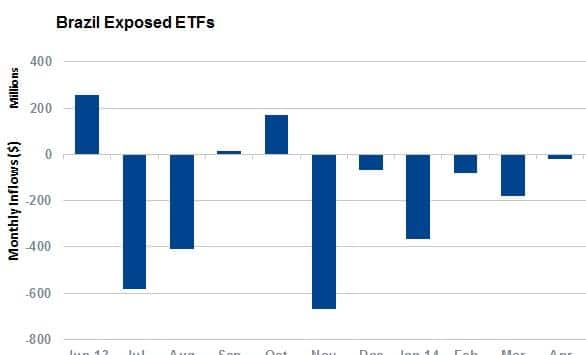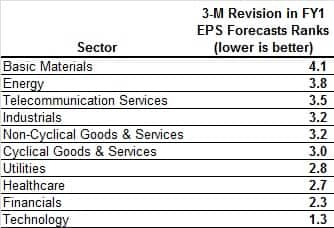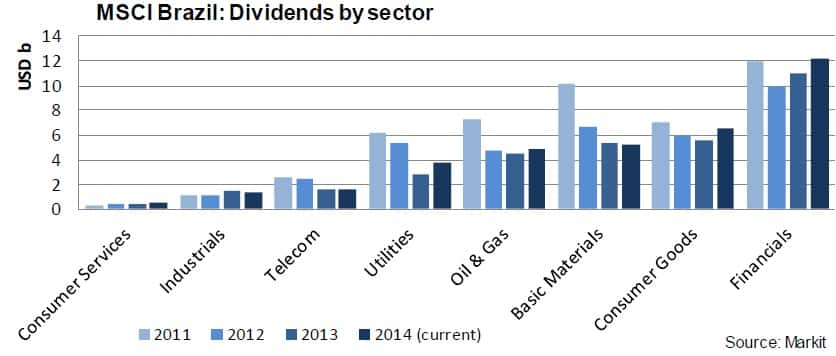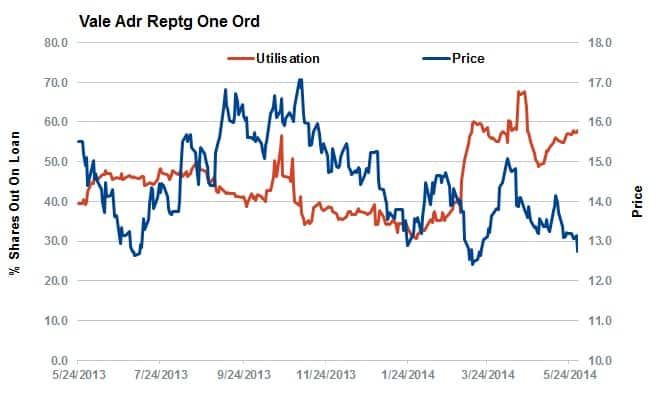Discretionary short selling

Short sellers have held on to their positions in firms which target discretionary consumer spending; we review what is driving the current demand to borrow in the speciality sector.
- The ratio of discretionary to staples short interest has increased 50% in the last 18 months
- Speciality retailers are the most shorted in the sector, with short interest up by a third this year
- Homebuilders have seen the most short covering, led by DR Horton and Pulte
Yesterday’s analysis of firms found that shorts have largely steered clear of consumer staples firms in recent months. Our focus today on companies which target discretionary spending proves more inconclusive. Although short interest overall has stayed relatively flat, some sectors within the market have seen large surges in short interest.
Shorts target discretionary consumer firms
A brief glance at the average short interest in the 85 S&P 500 constituents which target discretionary consumer spending hides the fact that these companies have seen a large jump in short interest relative to their consumer staples peers. Overall demand to borrow these names is flat for the year with 2.8% of shares currently out on loan.
While the proportion of consumer discretionary shares shorted has been relatively stable over the last 12 months, staples firms have seen their average demand to borrow fall by more than a third over that period.
With the market trading relatively flat for the year, and many of last years’ high flyers relinquishing some ground, this may be an indication that shorts are becoming increasingly cautious about the state of consumer spending.
Retail driving shorts
Speciality retailers, the largest single group in the consumer discretionary universe, have seen a large increase in short interest since the start of the year. Average demand to borrow the 18 speciality retailers in the S&P is up by a third since the start of the year, making these companies the second most shorted industry behind toymakers.

This large jump in average short interest is driven by an increase in demand to borrow Staples; short interest has nearly doubled to 13.8% of shares outstanding. This stance seems to have been justified, as Staples fell heavily today after reporting lower than expected earnings.

Disappointing earnings appears to be the theme of the day in the speciality retail front, with Urban Outfitters and Tjx both falling heavily after posting lacklustre results today. Shorts have increased their positions in both of these firms since the start of the year.
Perhaps the largest disappointment of the year to date in terms of performance has been seen in Best Buy’s inability to capitalise on the next generation gaming consoles. To this extent, BBY shares have seen shorts increase more than six fold in the wake of a 37% price fall.

Not just bricks and mortars
While recent years have seen shorts target mainly physical bricks and mortar retail operations, the last six months have also seen an increase in web based consumer firms. The five internet retailers and consumer firms have seen a 13% increase in demand to borrow since the start of the year. Leading the increase in short interest is Netflix which has two and a half times the short interest it did at the start of the year.

Large ticket items performing well
While some sectors have seen significant increases in demand to borrow, firms which specialize in large ticket items have seen shorts cover. Homebuilders lead this trend with the household durable sector seeing short interest shrink by a fifth since the start of the year. Recent buoyant car sales have also seen retreats in demand to borrow automobiles shares, led by General Motors whose short interest recently hit a three year low.